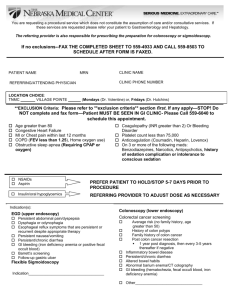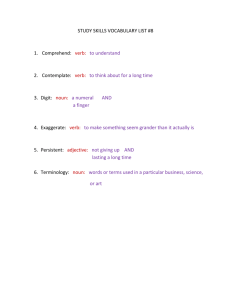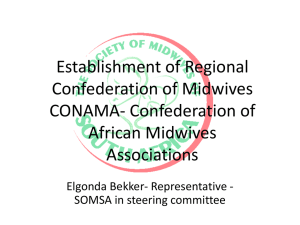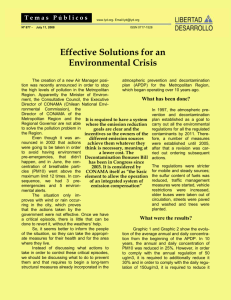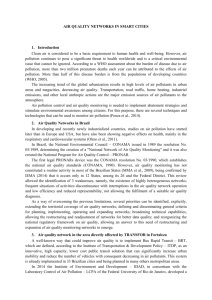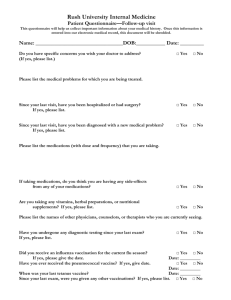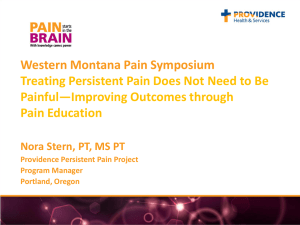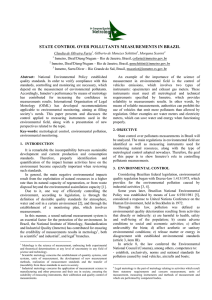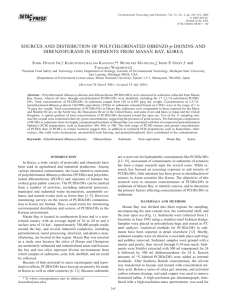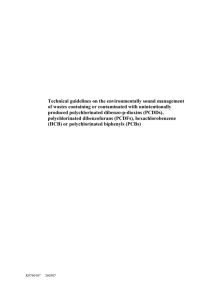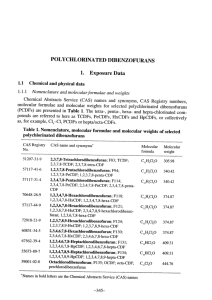OEWG-V/12: Technical guidelines on persistent organic pollutants
advertisement
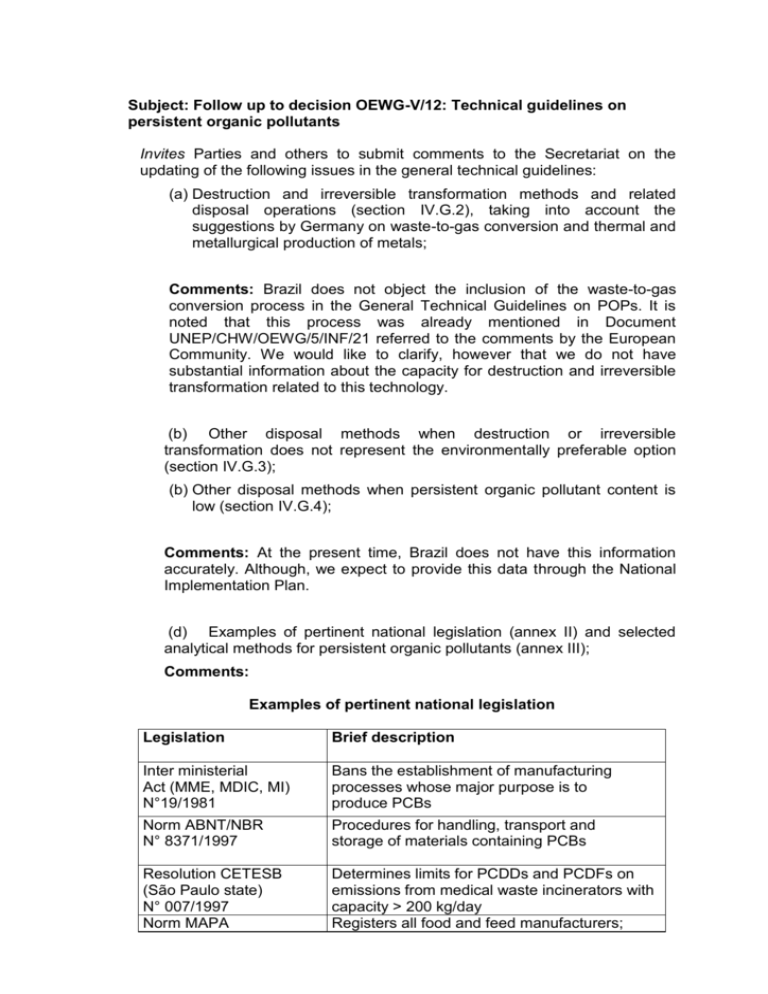
Subject: Follow up to decision OEWG-V/12: Technical guidelines on persistent organic pollutants Invites Parties and others to submit comments to the Secretariat on the updating of the following issues in the general technical guidelines: (a) Destruction and irreversible transformation methods and related disposal operations (section IV.G.2), taking into account the suggestions by Germany on waste-to-gas conversion and thermal and metallurgical production of metals; Comments: Brazil does not object the inclusion of the waste-to-gas conversion process in the General Technical Guidelines on POPs. It is noted that this process was already mentioned in Document UNEP/CHW/OEWG/5/INF/21 referred to the comments by the European Community. We would like to clarify, however that we do not have substantial information about the capacity for destruction and irreversible transformation related to this technology. (b) Other disposal methods when destruction or irreversible transformation does not represent the environmentally preferable option (section IV.G.3); (b) Other disposal methods when persistent organic pollutant content is low (section IV.G.4); Comments: At the present time, Brazil does not have this information accurately. Although, we expect to provide this data through the National Implementation Plan. (d) Examples of pertinent national legislation (annex II) and selected analytical methods for persistent organic pollutants (annex III); Comments: Examples of pertinent national legislation Legislation Brief description Inter ministerial Act (MME, MDIC, MI) N°19/1981 Bans the establishment of manufacturing processes whose major purpose is to produce PCBs Norm ABNT/NBR N° 8371/1997 Procedures for handling, transport and storage of materials containing PCBs Resolution CETESB (São Paulo state) N° 007/1997 Norm MAPA Determines limits for PCDDs and PCDFs on emissions from medical waste incinerators with capacity > 200 kg/day Registers all food and feed manufacturers; N° 8/1999, N° 10/1999 Resolution CONAMA N° 264/1999 Resolution CONAMA N° 313/2002 Resolution CONAMA N° 316/2002 Resolution CONAMA N ° 334/2003 Decision CETESB (São Paulo state) N° 26/2003 Regulation ANVISA N° 518/2004 Resolution CONAMA N° 357/2005 establishes limits to permitted dioxin/furan contamination in products, monitors production Procedures for environmental licensing on waste co-processing in cement kilns Provides for an inventory of PCB stocks and industrial wastes Procedures and criteria for operating thermal wastes treatment systems, provides limits on dioxin and furan emissions Procedures for environmental licensing for those establishments responsible for receiving pesticides package Determines limits for PCDDs and PCDFs on waste co-processing in cement kilns Provides maximum permitted levels for aldrin, chlordane, DDT, dieldrin, endrin, heptachlore and HCB in effluents discharged to potable water and sets out responsibilities for control and monitoring Provides maximum permitted levels for POPs in effluents discharged to water Selected analytical methods for persistent organic pollutants Norm NBR N° 13882:1997 : Electrical Insulating Liquids - Determination of PCB contents.

